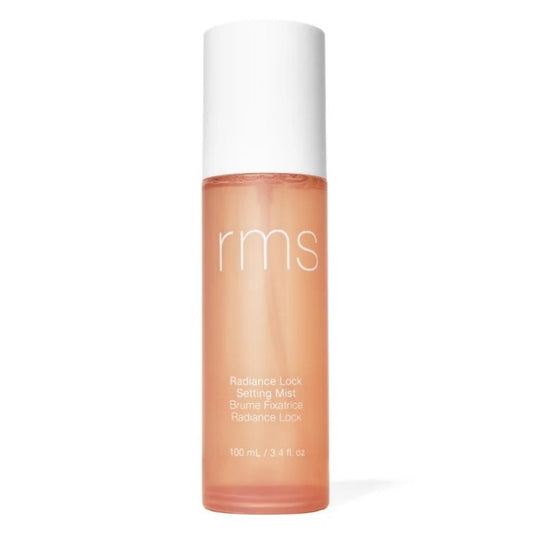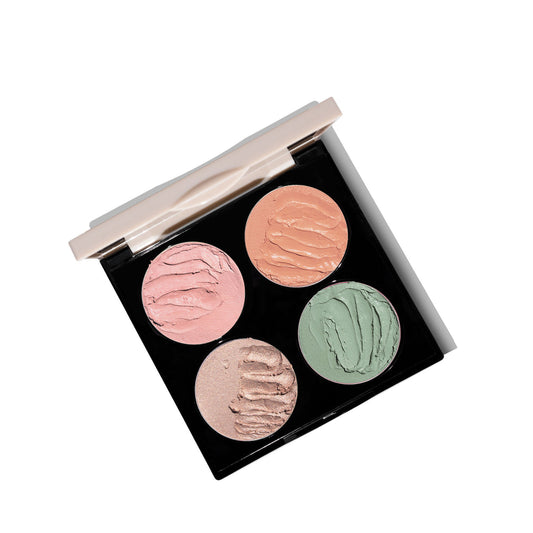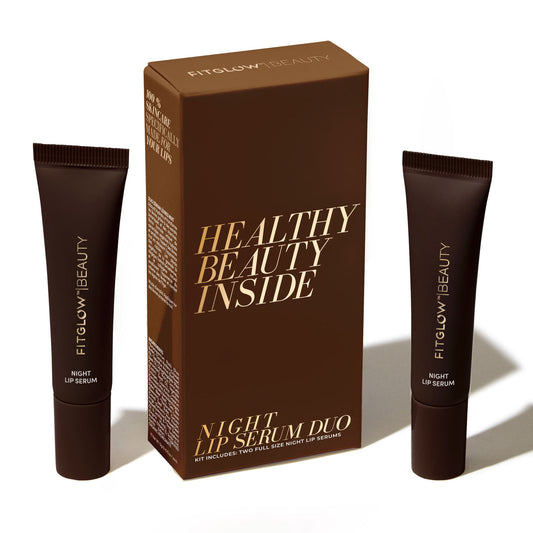What does testosterone do for a woman?
As we continue talking about hormones, let’s shift gears and discuss a hormone that is vital to both male and female health but is generally only associated with male health – testosterone. Hormones are basically chemical substances that signal messages to different parts of the body. Hormones are produced by various glands and are a key part of a properly functioning body.
Testosterone plays an important role in overall female health. It is produced by the ovaries and the adrenal glands. While testosterone levels also change during the day and the month, it is part of the normal functioning of the female body. Testosterone contributes to various functions in the female body including ensuring bone health, neurological health, red blood cell production, and even libido.
As with all hormones, the delicate balance of the amount of testosterone is what determines the healthy functioning of all the aforementioned systems. Unfortunately, as is the case with many women today, our current environment and stressors can easily throw this balance out of order which negatively affects the way our bodies function. Testosterone levels can fluctuate to being too low or even too high.
What does low testosterone do to a woman?
Low testosterone can cause a myriad of symptoms in the female body including, but not limited to, sluggishness, muscle weakness, fatigue, decreased libido, weight gain, irregular menstrual cycle, vaginal dryness, reduced bone density, weight gain, fertility issues, disturbed sleep, and depression. The reasons for low testosterone can vary from issues in the ovaries and adrenal glands to menopause.
If your testosterone is low, you can increase it by making simple lifestyle changes like exercising more (if you are not doing enough) or exercising less (if you are overdoing it). In addition, you can benefit from resistance training, having more sex (yes!), and simple supplementation with minerals like zinc and magnesium. If your testosterone is high, you should consult a physician to diagnose what the problem is.
What does high testosterone do?
On the same token, high testosterone can also severely impact the body in a number of ways including acne, excess bodily hair (particularly facial hair), increased muscle mass, enlarged clitoris, irregular menstrual cycle, decreased libido, mood swings, decreased breast size, deepening of the voice, infertility, and obesity. This increase in testosterone may be due to Polycystic Ovary Syndrome (PCOS), Hirsutism, or Congenital Adrenal Hyperplasia (CAH).
Even complex issues like hormone adequacies can be addressed by living a healthier lifestyle and that is something that should never be undermined in the quest for better health, hair, and skin.




















